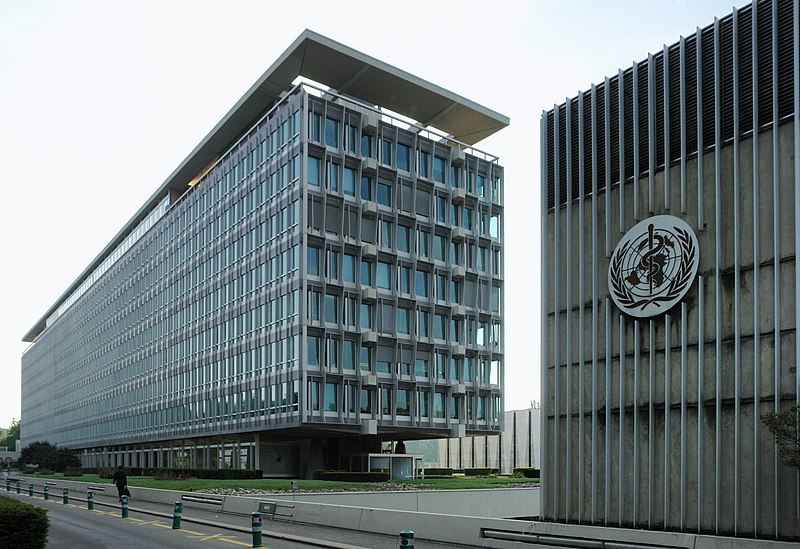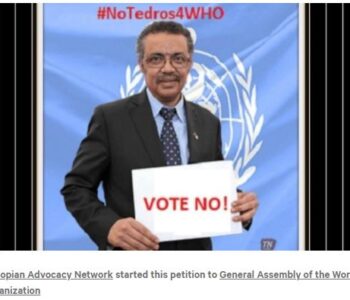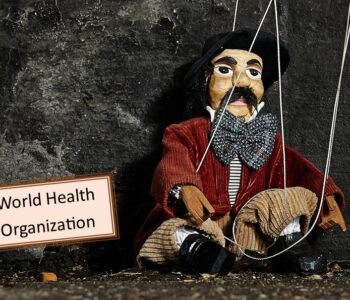
On December 2-3, 2019, the World Health Organization (WHO) hosted a vaccine safety summit in which leading scientists, researchers, and doctors from around the world attended. Discussion on the second day included acknowledgment that the status of vaccine safety is rather precarious, the science isn’t up-to-date and long-term adverse effects are not well-known and are hard to study.
Here are some outtakes from the summit:
Professor Heidi Larson:
There’s a lot of safety science that’s needed and without good science we can’t have good communications… it absolutely needs the science as the backbone. You can’t repurpose the same old science to make it sound better if you don’t have the science that’s relevant to the new problems.
We need much more investment in safety science.
The biggest problem with vaccine skepticism online is that
‘a lot of it is not misinformation’ and that there is ‘a lot of ambiguity in the safety field.’
The other thing that’s a trend and an issue is not just confidence in providers but confidence of healthcare providers. We have a very wobbly health professional front line that is starting to question vaccines and the safety of vaccines. That’s a huge problem.… If we lose that, we’re in trouble.
We’ve talked about it earlier, some of the challenges are that our frontline professionals are starting to question, or they don’t feel that they have enough confidence about the safety to stand up to it to the person asking them the questions.”
“I mean, most medical school curriculums, even nursing curriculums, I mean in medical school you’re lucky if you have a half day on vaccines, never mind keeping up-to-date with all this.
Prof. Stephen Evans, LSHTM:
It seems to me that adjuvants multiply the immunogenicity of the antigens that they are added to and that is their intention. It seems to me they multiply the reactogenicity in many instances and therefore it seems to me that it is not unexpected if they multiply the incidence of adverse reactions that are associated with the antigen but may not have been detected through lack of statistical power in the original studies.
Now I wonder if this thinking is correct and, if it is, whether this has some implications for the way we do pharmacovigilance because one vaccine that is has one antigen and an adjuvant and another vaccine that has a different antigen and no adjuvant, the reason for the difference is not immediately obvious.
…
The major health concern which we are seeing are accusations of long term, long term effects so what we have to bear in mind is that we don’t use adjuvants by themselves the adjuvant is used in combination with an antigen and an adjuvant may be give quite different responses depending on which antigen it is combined with, so the fact that an adjuvant is shown to be safe with one antigen might give a different response with another antigen because of other things that are with that with that second antigen including impurities.
So to come back to the (not clear) once again point to the regulator’s. It comes down to ensuring that we conduct the Phase Two and the Phase Three studies with adequate size and with the adequate appropriate measurement.
Prof. Heidi Larson
… the adverse events aren’t really about the vaccine but the vaccine experience. We’ve heard this morning about the Japan situation, we had a series of what had been assessed in the absence of any other organic links, psychosomatic reactions to vaccines … These are some of the girls in Japan whose mothers have court cases claiming that they were damaged by HPV vaccines … This is in Denmark. They’re all lined up. This was a group of girls … we’ve got the same problem … this was in Ireland, similar girls lining up in front of a health official … This is Columbia, six hundred girls across multiple schools in a district in Columbia had the same symptoms as these others place.
I just want to show you what’s been going on in YouTube to create mimic reactions. … We’re seeing a real change in the nature of these reactions because of social media. … This is … stress-related immunization reactions … This is a whole range of symptoms that are real symptoms. They may not have been cause by the contents of vaccines. They could be attributable more to the vaccination experience but it affects the whole confidence in the system if governments don’t know how to deal with all this.
See also: ‘No Evidence’: The Truth About Gardasil
Watch the entire summit proceedings here.
Featured image © Yann Forget / Wikimedia Commons



